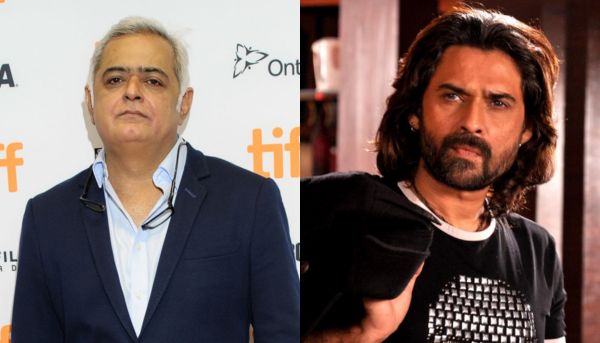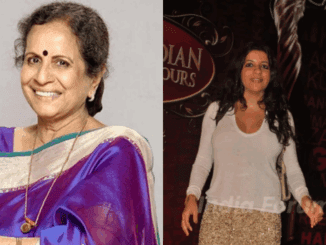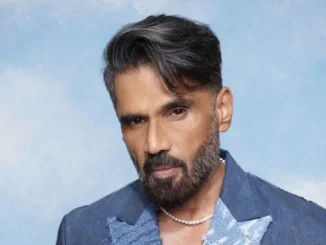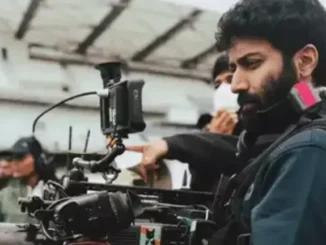
Filmmaker Hansal Mehta, known for his bold storytelling and outspoken nature, recently found himself at the center of an unexpected controversy following his heartfelt tribute to actor Mukul Dev. What began as an emotional remembrance soon spiraled into online trolling, with some social media users accusing Mehta of making the post about himself rather than the person he was honoring. Now, the Scam 1992 director has responded firmly, calling out the lack of sensitivity and urging critics to understand the true meaning of empathy and basic human decency.
The tribute in question came shortly after the passing of Mukul Dev, a well-respected actor known for his work in films and television. Mehta had taken to social media to share a personal message reflecting on his interactions with Dev and the times they had worked together. The post, while touching and introspective, included Mehta’s own reflections on the fragility of life and the bonds artists form with one another — a style typical of Mehta’s emotionally nuanced public writings.
However, a section of social media users misinterpreted the message and accused Mehta of making the tribute more about himself than the late actor. Comments poured in, calling the director “self-indulgent,” “narcissistic,” and “attention-seeking.” Shocked by the insensitivity, Mehta chose not to remain silent.
In a follow-up post, Mehta addressed the backlash directly. “It’s disheartening to see how empathy is being replaced with mockery,” he wrote. “To those who are so quick to label others with words like ‘narcissist’ — please take a moment to look up the meaning of decency. A tribute, especially in the creative community, comes from a place of shared memories, shared pain, and shared journeys. It is not a space for your cruelty.”
The filmmaker also pointed out the unfortunate trend of turning solemn moments into opportunities for online shaming. “We live in a time when people are more interested in policing tone and language than understanding intent. My words were meant to express a personal loss. If you cannot offer kindness, at least have the sense not to spit venom on grief.”
Hansal Mehta has always been vocal about industry issues and social matters, and this time was no different. He continued, “Mukul was someone I respected. My tribute reflected our connection — the conversations we shared, the work we admired in each other. This is what tributes are — a personal account, not a Wikipedia entry. If I had simply posted a stock image and said ‘RIP,’ would that have been more acceptable to you?”
Support for Mehta soon poured in from several members of the film and creative community. Many praised him for his honesty and for standing his ground against what they called “performative outrage” and “digital insensitivity.” Filmmakers, actors, and fans alike echoed that the culture of trolling people during emotional moments needs to end.
Veteran actor Manoj Bajpayee took to social media, writing, “Hansal spoke his truth. Anyone who’s ever lost a friend or a colleague knows how such emotions manifest. Let’s be a little kinder.” Screenwriter Apurva Asrani added, “Tributes are personal. We should stop dictating how people mourn.”
This incident is a poignant reminder of how social media has turned even the most human moments — grief, reflection, remembrance — into opportunities for unsolicited judgment. Hansal Mehta, who has faced both acclaim and criticism throughout his career, stood his ground with grace and clarity.
In concluding his statement, Mehta shared a final thought: “I will continue to speak from my heart, whether it’s about life, loss, or love. If that makes me a narcissist in your eyes, then perhaps the problem lies not with me, but with how we’ve all learned to process humanity in the digital age.”
Through his response, Hansal Mehta not only defended his tribute to Mukul Dev but also reignited a much-needed conversation about compassion, freedom of expression, and how we treat one another in moments of vulnerability.



